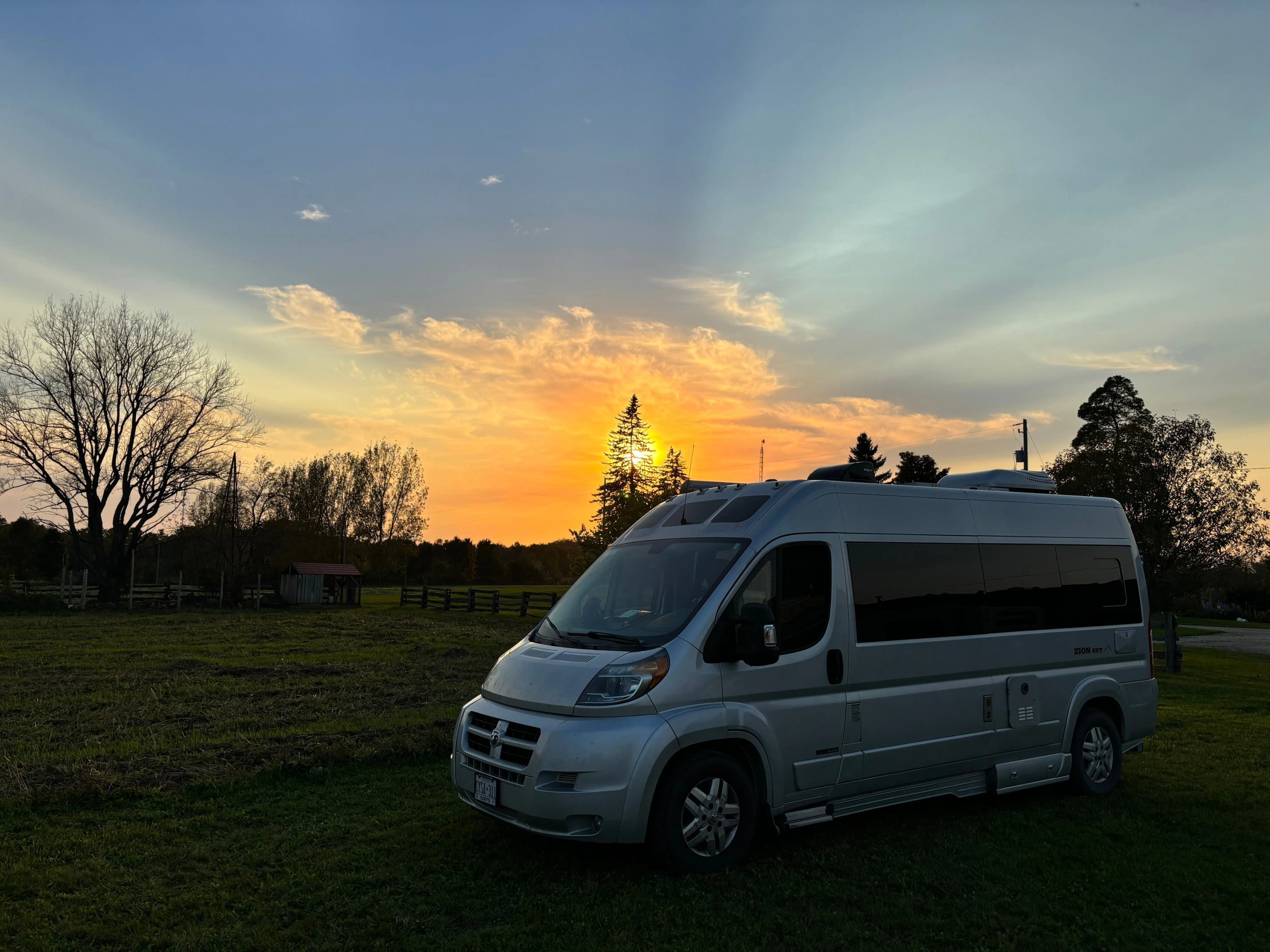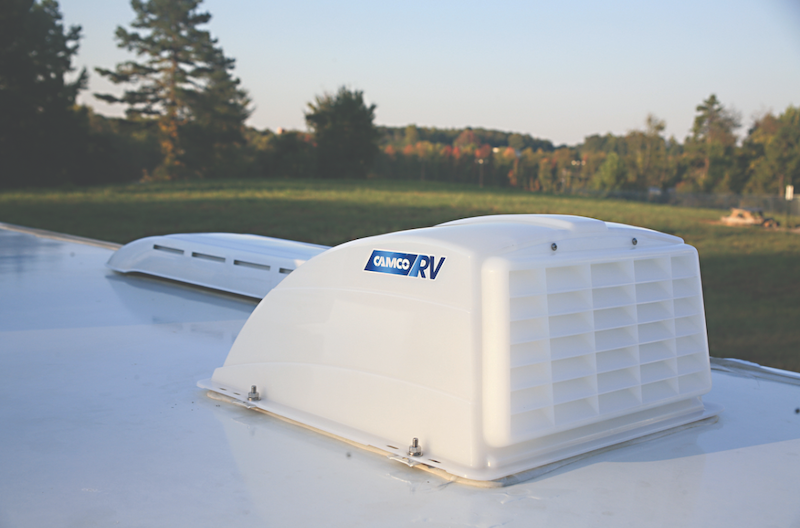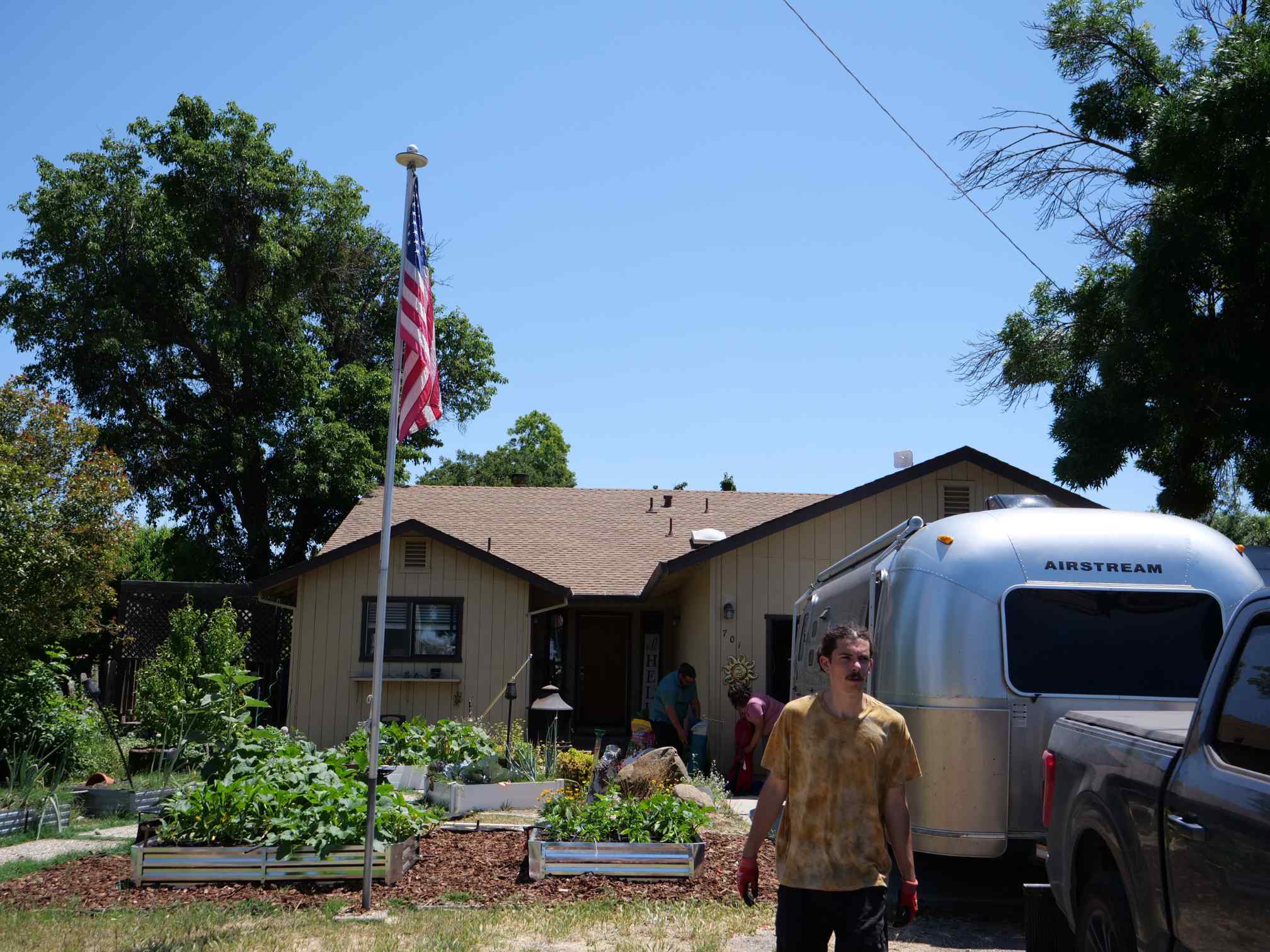How to Prepare Your RV for Summer
As an RV owner, you know the pleasure of getaways, seeing the countryside up close, and stopping by awesome, affordable campgrounds and parks. And you know that once spring arrives, it’s time to de-winterize your rolling accommodation and get it ready for the road. A properly running vehicle will give you peace of mind to enjoy your trips. Let this guide to preparing your RV for summer be your guide for carefree travels.
Begin With a Good Exterior Cleaning
First, remove all the winter grime with a thorough exterior wash. Use a wash and wax formula and a brush with an extendable handle. Start at the top and work down to the tires; rinse well with a hose. After the exterior is clean and dry, it’s a good time to check the roof and replace missing or cracked caulking around the vents and seals. Also, check the slide-out seals and make sure they are functioning properly.
Flush the Water System
You may have winterized your water tank with antifreeze before storing it to keep the pump line from freezing. If so, you’ll need to flush it thoroughly to remove the chemical remnants. Clean the tank easily by mixing one cup of bleach with a gallon of water and pouring it into the empty tank. Turn on all the faucets and let them run until you smell the bleach. Let the water system sit for a full day and then drain and fill with fresh water. Turn on the faucets again and let the water run until the bleach smell disappears. This may take a few tanks of water.
Once the water system and water heater are full, you can plug into shore power. Having them full and working will ensure the electric mode for the water heater isn’t accidentally on. This will cause the element to burn out and may start a fire. Turn the refrigerator on to automatic, and it will go into electric mode and start cooling.
If you have one, flush the outside shower hose too. And if you have a water filter, now is a good time to replace it.
Lastly, grab a flashlight, turn on the pump, and check around all water sources for leaks. Repair any leaks before your first trip. We had a leak recently on our water heater and it was difficult to spot and find. It was a good thing we found it before we left on a weekend away!
Check the RV Toilet
RV toilets are more than convenient when the family is on the road, so you know how important it is that they work!
First, make sure you have a water source for the toilet, either from your freshwater tank or a campsite hook-up. Check the toilet seal to make sure it hasn’t dried out and hardened. If so, a leak can occur and release smells from the black water tank. Repair the seal by applying plumbers grease.
Use RV tank treatments and deodorizers to prolong the life of your system. These treatments come in liquid or drop-in forms. Always make sure to use RV-friendly toilet paper.
RVers often get a false reading on the holding tank. This can happen because of residue sticking to the sensor. A quick fix is to drop several trays of ice cubes into the toilet bowl. The cubes will melt in a few hours and hopefully break up the residue.
Before use, make sure the toilet bowl is half full of water by pressing the pedal at the bottom down and letting it fill half full.
Check the Tires
Tires are an important component of your RV. Some RV companies advise changing the tires every five years.; others say every 10 years. Either way, check your freshly-washed tires for cracks. And maybe, see how you can prevent them in the first place!
Since tires lose a little air over the winter, check the tires and inflate to the recommended pressure. You can find this in your manual. To retain moisture and prevent dry rot, apply a good tire protection spray. Tighten the lug nuts to ensure a safe trip.
Inspect the RV Battery
Did you know that batteries lose about 10 percent of their energy every month when not in use? And as a result, go completely dead over long periods of time.
Some RVers choose to remove the battery for storage. If this is the case, make sure to correctly reconnect them. You may want to get a service technician to do this as it can be dangerous. Before hitting the road, make sure the batteries have the right water levels and are fully charged. The battery’s manual will provide that information.
Check the Appliances
If your RV appliances operate on propane, check the tanks, connections, valve, and firing operation. After this, if the appliances aren’t working, have them checked by a professional. You should also have a gas pressure and leak test annually. And propane tanks have to be recertified annually.
After the propane appliances are working safely, it’s time to check out the microwave, fridge, air conditioner, or any other electrical appliance. Plug into a solid source of 30 or 50-amp power. You can do this by parking at the nearest RV park to test out your systems.
If you didn’t turn on the fridge while flushing the water system, you can turn it on once you’re plugged in. Turn the fridge to automatic and check to make sure it’s cooling.
Inspect the Engine and Generator
Now on to the all-important engine. You’ll want to give it loving attention. First, check all fluid levels to make sure they are full. All fluids and oils should be fresh. If fluids are low in any one area, it could indicate a leak. Have this checked out before hitting the road.
Check the owner’s manual or contact your dealer to find out what your rig uses. Overall, check the following fluids:
- Power steering
- Transmission
- Engine oil
- Engine coolant
- Generator oil
- Brake fluid
- Windshield washer
Next, check all gauges to see that they’re giving accurate readings. Check to make sure all of the lights are working properly.
Check the Smoke Detector and Fire Extinguisher
Don’t overlook these safety precautions. You’ll have more peace of mind on your trips if you replace the batteries in the smoke and carbon monoxide detectors. Now is the time to toss in a first aid kit and perhaps a few survival tools. Make sure you have a fire extinguisher and the needle is in the green zone.
If needed, give your RV’s interior a good spring cleaning and put in fresh linens. Keep your RV ready to go all through the summer months. Then all you’ll have to do is fill the water tank with fresh water, stock the fridge, and go.
Learn More About Boondockers Welcome
We promise not to spam you!








Shalamar Hospital’s urologist in Lahore is committed to delivering high-quality urological care, combining expertise with compassionate service in a modern medical environment.
Steps such as cleaning the outside, flushing the water system, checking batteries and electrical equipment, fire safety, iq test… are all listed in detail by the author. These tips will help RV owners have a safer and more comfortable trip.